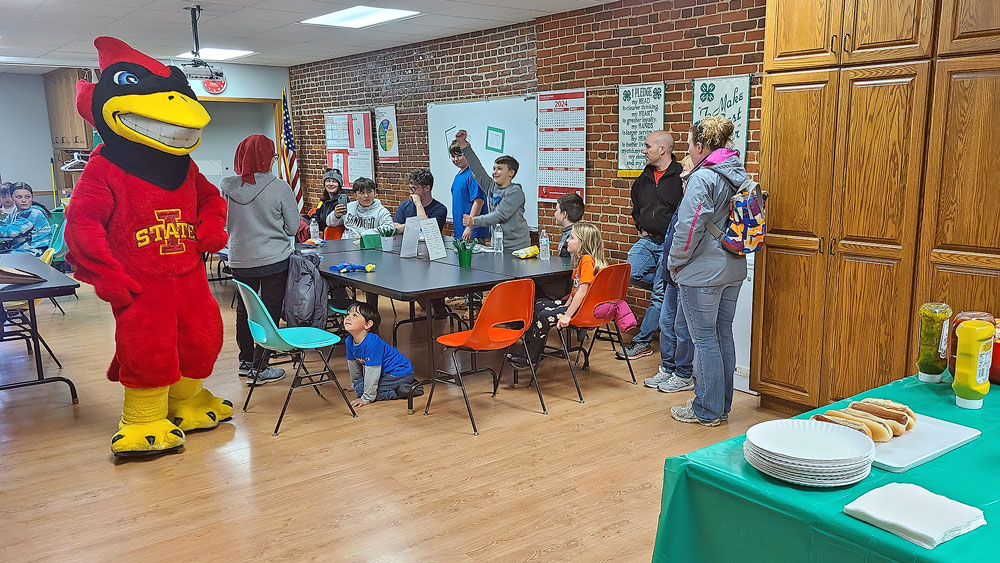HEALTHY
HEALTHY
Success shown when kids connect with nutrition early
By Melissa Erickson
More Content Now
Too many families are held captive by fatty foods and packaged meals, overburdened by massive portion sizes and processed sweets and snacks.
Eating healthy doesn’t have to be hard. It can be both fun and delicious if children and their parents take a positive approach, said registered dietitian Jennifer Glockner.
Glockner is passionate about empowering kids to become smart eaters who use food as a lifelong tool to prevent disease and promote wellness. Her new interactive e-book, “Teddy Tries a Veggie,” is the first book in the Smartee Plate series aimed at ages 4 to 8.
A recent Stanford study found that children who read stories about food “better understand what types of food are healthy and voluntarily eat more vegetables than children who were exposed to conventional teaching,” Glockner said.
Early learning encouraged
The story is set in a garden, which is a great way for kids to interact with healthy foods, Glockner said.
“Studies have shown that children who garden at home or in a school garden have an increased consumption of fruits and vegetables. Kids are excited and proud to be a part of the process of growing their own food,” she said.
In addition to the “almost 6-year-old” Teddy, the other main characters are fruit and vegetable rock stars jamming and trying to stay in tune.
“Parents should be celebrating fruits and vegetables. They should be the rock stars of the (meal) plate and fill up over half of it,” said Glockner.
She sympathizes with family cooks who have to puree and hide fruits and veggies on their child’s plate or in a smoothie.
“If that’s the only way to get them to eat fruits and vegetables, I understand,” she said, but, “It’s easier to build healthy eating habits at a young age than to try and break bad habits later in life. The earlier a child builds healthy eating habits, the more likely they will be to eat healthy later in life.”
A recent study in the Journal of the Academy of Nutrition and Dietetics found that toddlers who eat a range of fruits and vegetables may learn to enjoy healthy eating as they grow older, Glockner said.
“Fourteen-month-olds who regularly ate fruits and vegetables were more likely to eat them and less likely to be fussy eaters when they were 4,” Glockner said.
Getting kids to eat well
As any parent of a toddler knows, it’s not easy to make a child eat what they don’t want.
“You have to keep trying. It can take up to 12 tries before a child accepts a new food,” Glockner said.
One last piece of advice: Parents, be role models for your children and eat your fruits and veggies, too.
WIKIPEDIA.com











Social Share